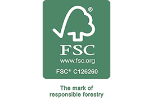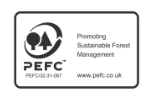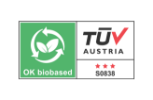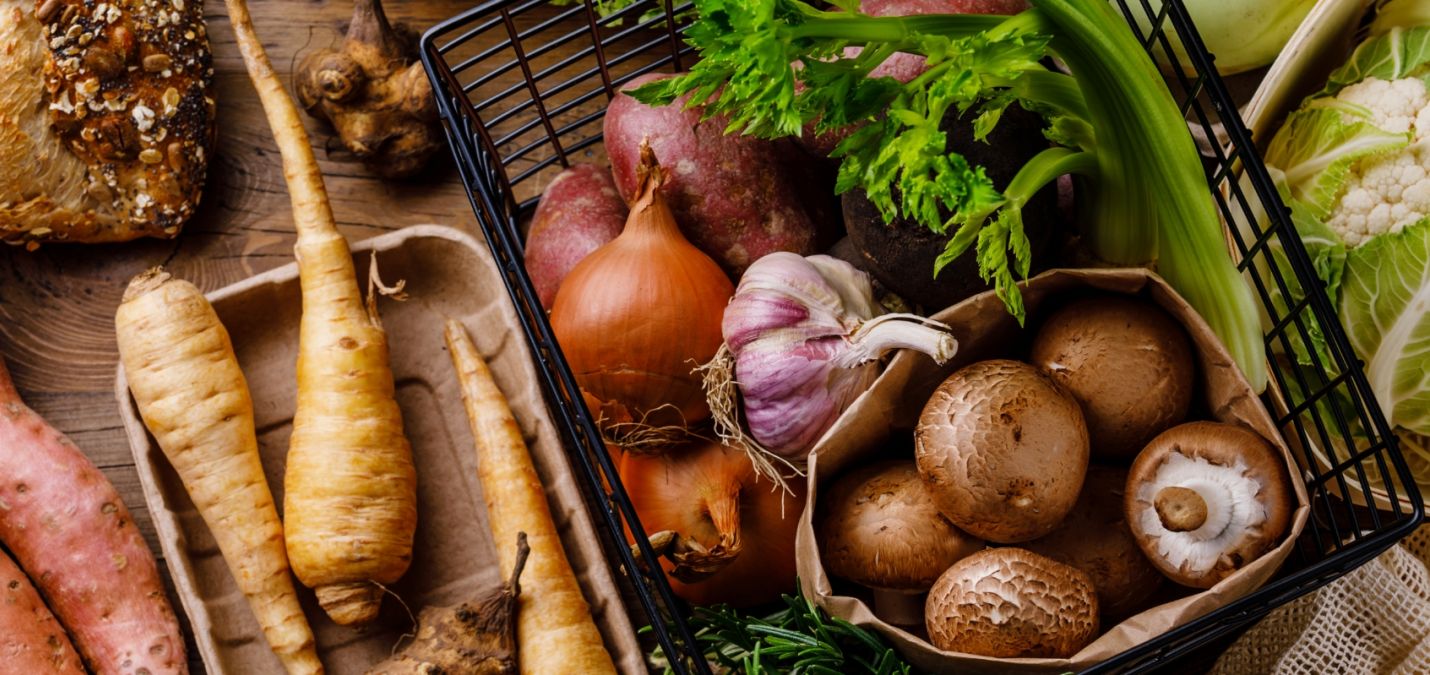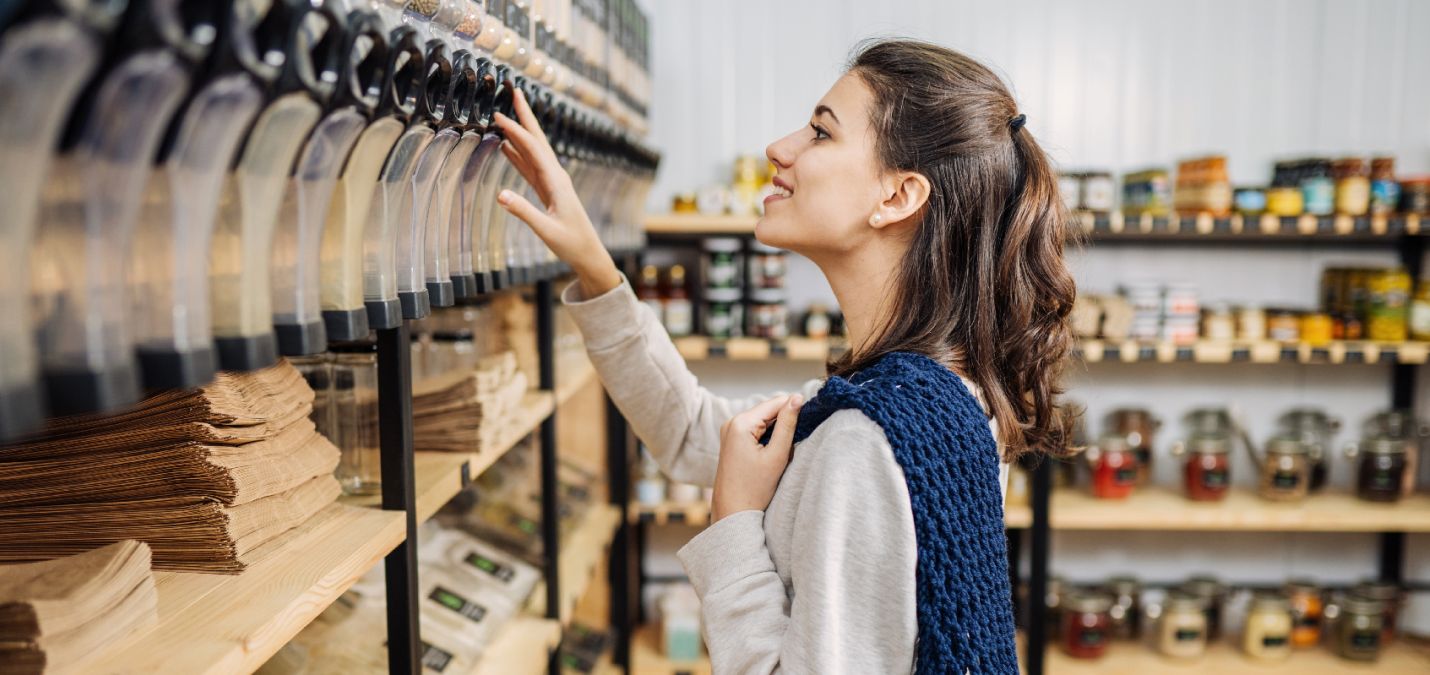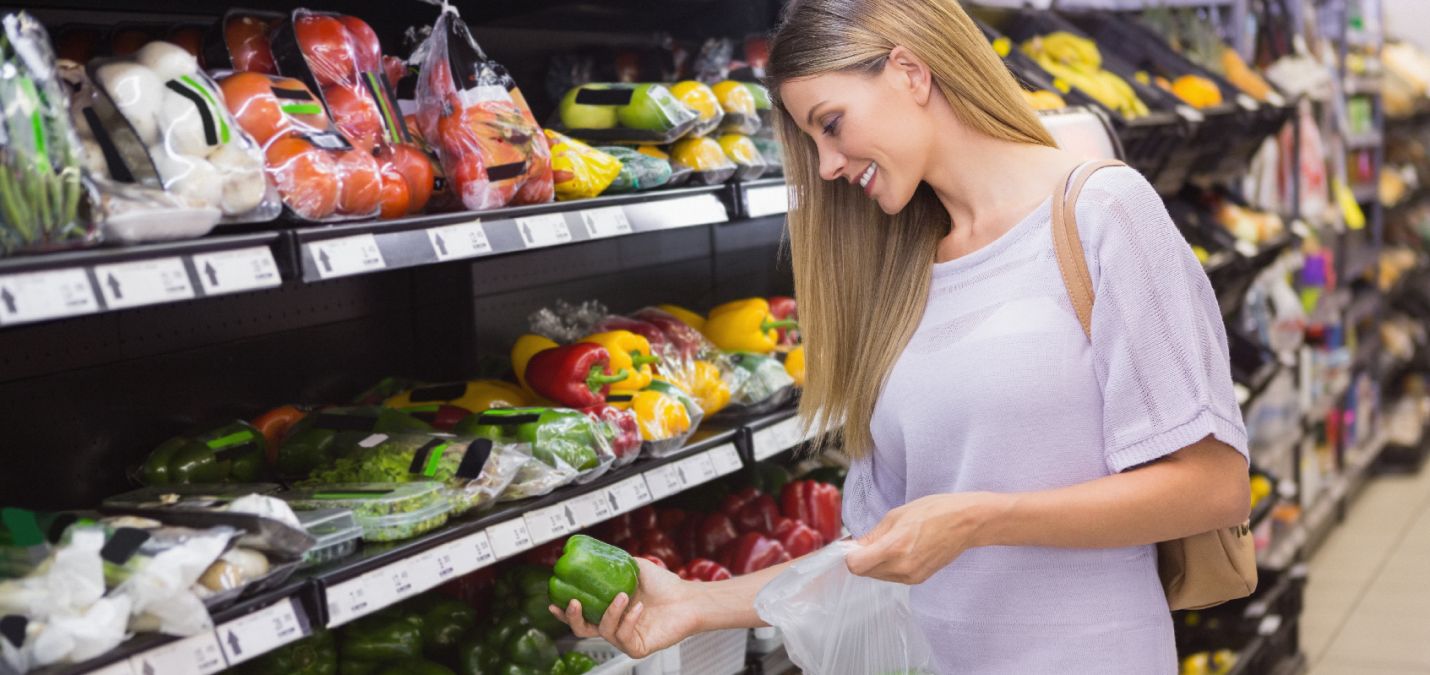

How would the world function without packaging?
We can all agree that packaging, especially plastic, should be reduced to a minimum. But it's not always that straightforward, and it might not even be recommended. Sometimes packaging simply can't be eliminated. Fortunately, you can bank on packages that will be good for the planet.
The food paradox- packaging is indispensable
Simple considerations lead to this conclusion: the less packaging on the planet, the better for the environment. But is it really that easy? Not necessarily, because you have to take into account the entire life cycle of the product, as well as the consumption chain. After all, the vast majority of us neither grow our own self-sufficient vegetable garden, nor have a farm. And in order for the product to reach our home fresh and fit for consumption, it needs to be properly secured.
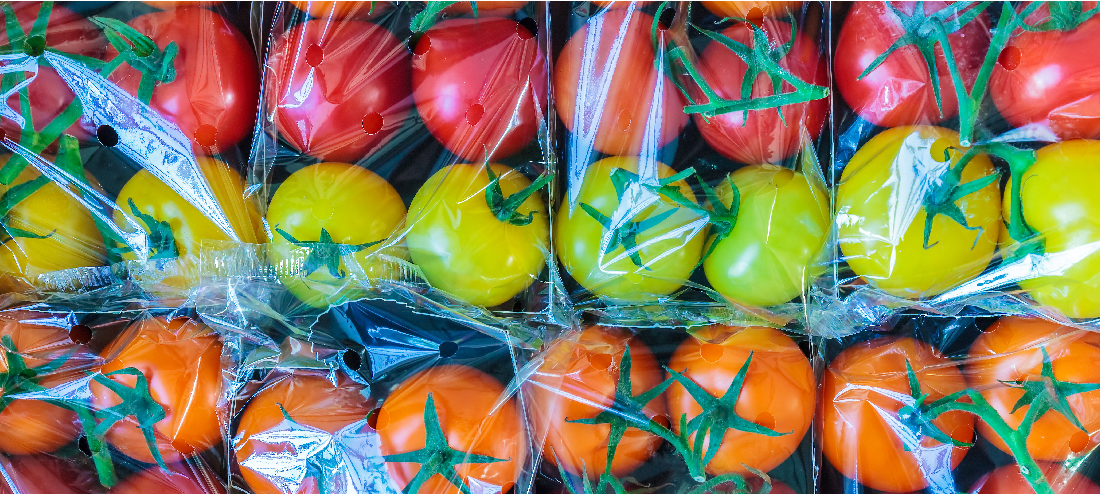
In Poland, about 4.8 million tons of food is wasted yearly, 60 percent of which is credited to consumers. This, of course, has an impact on generating waste and CO2 emissions because, as Marek Borowski, president of the Polish Food Banks Federation, reminds: The production of one ton of food is linked with the emission of an average of four tons of various gases, including two tons of CO2.
Currently in stores about 25 percent of meat is wasted, the main reason is that it is past its expiration date. Meat being spoilt or damaged is the issue that was mentioned next. It goes without saying that sellers lose out on that. But how do consumers view this problem? As much as 70 percent of European customers believe that their opinion of their store or retail outlet would be better if it promoted goods packaged in a way that prevents the loss of freshness.
Are packages the last resort?
A while ago, in one of the discount store chains, social media ridiculed the idea of packaging individual pieces of vegetables. There were comments that such practices contribute to generating waste.
Although these opinions are to some extent justified, they are not entirely reliable. It is not taken into account how many of those vegetables would be wasted, but for the packaging. And that is a 20 percent difference, as due to estimates, 30 percent of fresh food is wasted, while the same goes for just 10 percent of packaged products. In addition, it is more economical and eco-friendly to do shopping once a week than, for example, once every two days, covering the distance by car several times longer and more often, just because an unpackaged cucumber or courgette went bad faster when stored in the refrigerator.
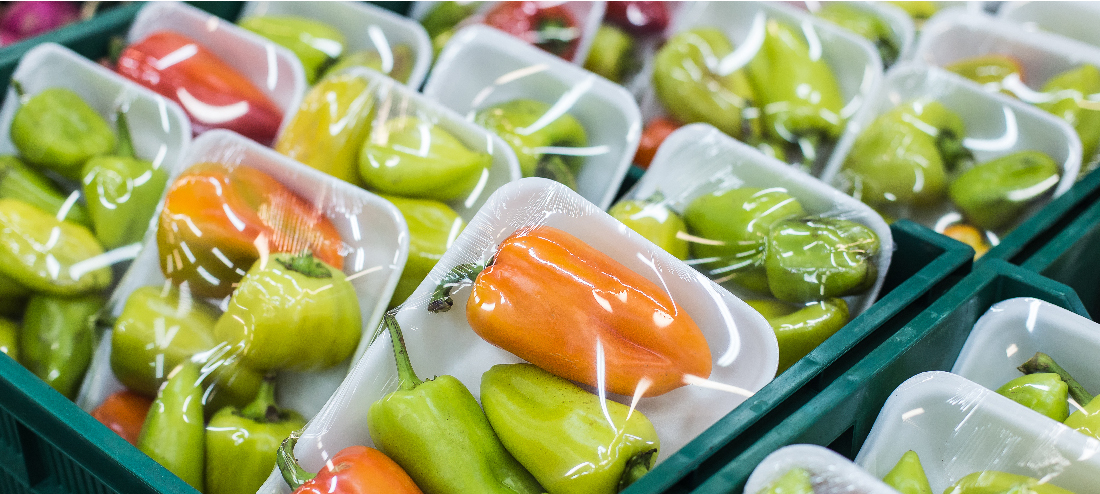
The authors of the report prepared as part of the Austrian STOP Waste - SAVE Food project believe that the use of appropriate packaging can effectively prevent food waste. Moreover, the packaging itself does not harm the environment as much as you might reckon. The packaging process generates only about 3-3.5 percent impact on the climate.
We know that it is impossible to do without packaging altogether. Research shows that food waste has a much worse environmental impact than the problem of waste pollution. To put it bluntly: it is better to pack a cucumber in plastic foil, which will extend its life by two weeks, than not to pack it at all and throw it away after two days. On the other hand, the foil for packaging that cucumber should be environmentally friendly, compostable, so as not to create a new problem whilst trying to get rid of the first one.
Knowledge and technology in the field of biodegradable packaging is already at a high level and is still dynamically growing. The barrier parameters of biodegradable packaging ensure effective food protection. Alternative packages allow you to put into them not only potatoes or cereal, but even frozen foods and convenience foods. So let's say it again: bio packaging is currently the best choice.
Customers have a say. And they speak loud and clear.
Obviously, there are also infamous examples of the use of packaging. Some producers use too many raw materials for the weight of the packed goods. The customer often ends up buying a small tube in a disproportionately huge cardboard box. But it is the consumer who largely influences what packaging will emerge on the market. If there is less interest in such "over-packed" goods, the manufacturer is likely to react to it.

Furthermore, it is good to know that, according to the Global Web Index, 76 percent of Millennials are more likely to use recyclable packages instead of those made of single-use plastics. In addition, 61 percent agree that it's a good idea to pay more for a product, as long as its packaging is environmentally friendly.
Which packages are a better choice?
According to research from Fior Markets, the recycled packaging segment dominated the market in 2019, accounting for 37.43% of the market. This group includes products that are biodegradable, reusable and products obtained from other, previously used materials. They are a very good alternative to plastic that is deposited in landfills, leaking into natural habitats.
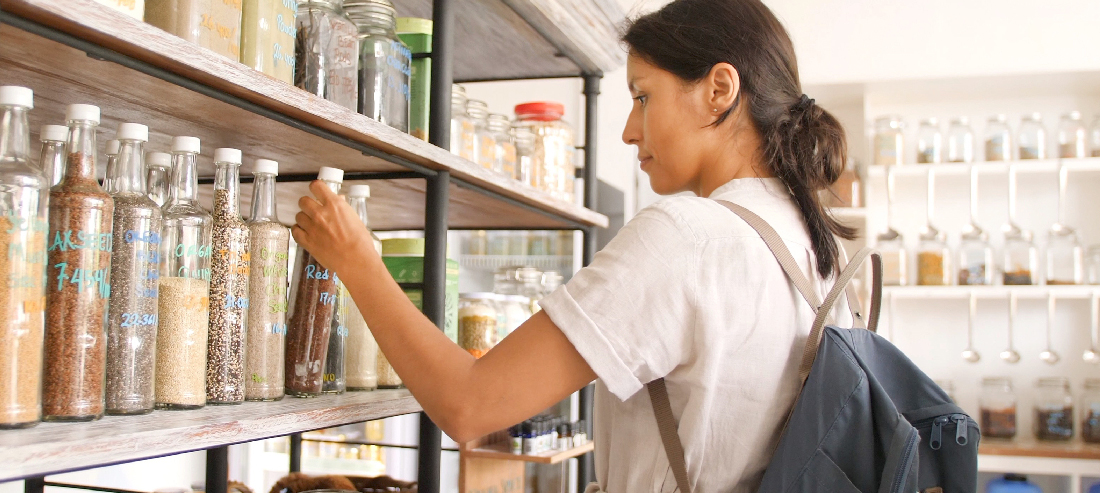
Nowadays, scientists are working on technologies that will have the least contribution to the fresh food waste. According to Dr. Eng. Patrycja Wojciechowska from the Department of Industrial Product Quality and Packaging UEK in Poznań: Currently, MAP packaging is commonly used (...). It is filled with a mixture of gases (e.g. nitrogen, oxygen, carbon dioxide), selected according to the packed food, which effectively slows down the unfavourable processes of food spoilage. The latest solutions in the area of MAP packaging include structures that use mono materials not interfering with the recycling process.
Compostable packaging certainly plays a beneficial role in preventing food waste. On the one hand, it slows down the natural rotting processes and protects the food from oxygen and carbon dioxide, and on the other hand, it decomposes quickly after the consumer’s use.
Thanks to the SILBO compostable packaging, goods from the store will last longer in your home pantry or refrigerator. Thus, there is less chance that the food will go off quickly and will have to end up in the waste bin.
Zobacz również:
Most frequently read

About company
Silbo – packaging production experts with 20 years of experience in the industry. We support environmental protection on many levels, for example with creating new, biocompostable standards in the field of packaging production. These are the main values on which the activity of SILBO is based: focusing on innovation, ecology and quality issues.


Received certificates
